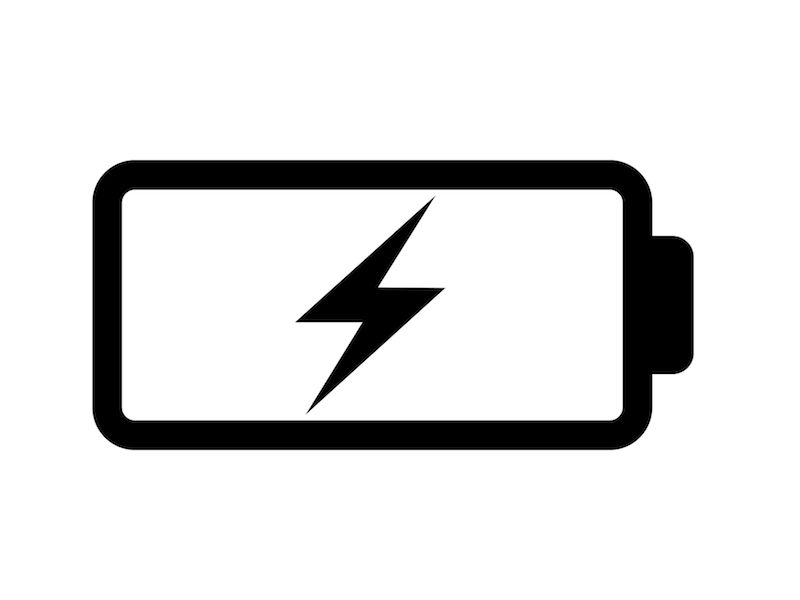
Stressing about losing battery power is something you shouldn’t have to do with rechargeable hearing aids, but when you rely on this technology, it might make you slightly anxious. Do rechargeable hearing aids work as well as advertised or do they even work at all?
Those questions are reasonable, as is the accompanying anxiety. A hearing aid is often a vital part of one’s everyday life, as necessary for a quick visit to the grocery store as they are for the enjoyment of a television show or movie. It’s essential that a piece of technology works properly and dependably, especially when it impacts so many aspects of life.
How Do I Know What Type of Battery I Have?
Most modern-day hearing aids have rechargeable batteries by default, so if you purchased your hearing aids recently it’s likely that your hearing aids will have one of two battery types. Silver-zinc batteries, which have a battery door on the back of the device, are rechargeable, but the batteries may have to be changed every so often. A Lithium-ion battery, however, will last throughout the life-cycle of the hearing device and, as such, those devices will not have that distinguishing battery door.
How to Care For Your Rechargeable Hearing Aid
For the most part, rechargeable hearing aids do work, and they work well. The reliability of these devices has increased significantly in the last several years, as battery technologies have advanced. In order to improve dependability, however, there are some maintenance measures users can take as they would with any other electronic device.
- The Charging Station is Where Your Hearing Aids Should be Stored: If you consistently store your rechargeable hearing aids on their recharging station you can increase the life of your battery. The long term battery life is not shortened by charging a battery that is not fully drained.As a matter of fact, you can actually increase the life of the battery by making certain your hearing aids are charging while not in use. For many people, placing their charging station next to their bed is a simple reminder to charge the devices when not in use.
- Be Mindful of Wires: Either the hearing aid itself or the charging station will have some kind of wire element on most hearing aids. Being mindful of these wires is crucial for hearing aid users; the connection that allows the device to charge can be damaged if you pull on or hold it by the wires.
- Keep Your Hearing Aids Clean and Dry: No matter how often you use or do not use your hearing aids, they have plenty of opportunity to gather moisture, debris, and dust. Your hearing aid may not thoroughly charge if it is exposed to any of these three elements. When connecting your hearing aid to your charging station, as with any other time, it’s a must to keep your device clean.
How to Replace a Rechargeable Battery
Lithium-ion batteries should last the as long as your device does. So changing those batteries won’t be something you ever have to be concerned about. Simply keep recharging your hearing aids as long as needed.
Hearing aids that rely on silver-zinc batteries, however, might call for fresh batteries now and then. Replacing batteries in the right way can help increase the longevity of your hearing aids. Because of this, hearing experts recommend the following:
- Make certain you have a dry, room temperature spot to store your batteries.
- Let the batteries sit out at room temperature for at least five minutes before taking off any tabs that may be attached.
- Don’t remove any plastic tabs or packaging until you’re ready to use batteries.
- Clean and free of moisture is the state that your battery compartment should be kept in.
- Be sure you wash your hands before replacing your hearing aid batteries.
Non-Use For Long Periods
Leaving your hearing aids on the charger for long periods of time is no longer the best way to store your hearing aids. Just unplug your hearing aid and put it in a cool dry spot if, for example, you know you won’t be using them for a few weeks or a month.
Think about leaving the battery door open so you can prevent moisture from corroding the batteries if you use silver-zinc batteries.
Keep it Charged Every Day
All your general needs should be met if you charge your hearing aids once a day. A lithium-ion battery, as an example, will usually require only 3-4 hours to charge enough battery power for a 24 hour period.
Do rechargeable hearing aids work? Not only do they work, but rechargeable hearing aids will likely become a lot more common and dependable as the technology continues to improve. Contact your local hearing aid retailer to see all the different models